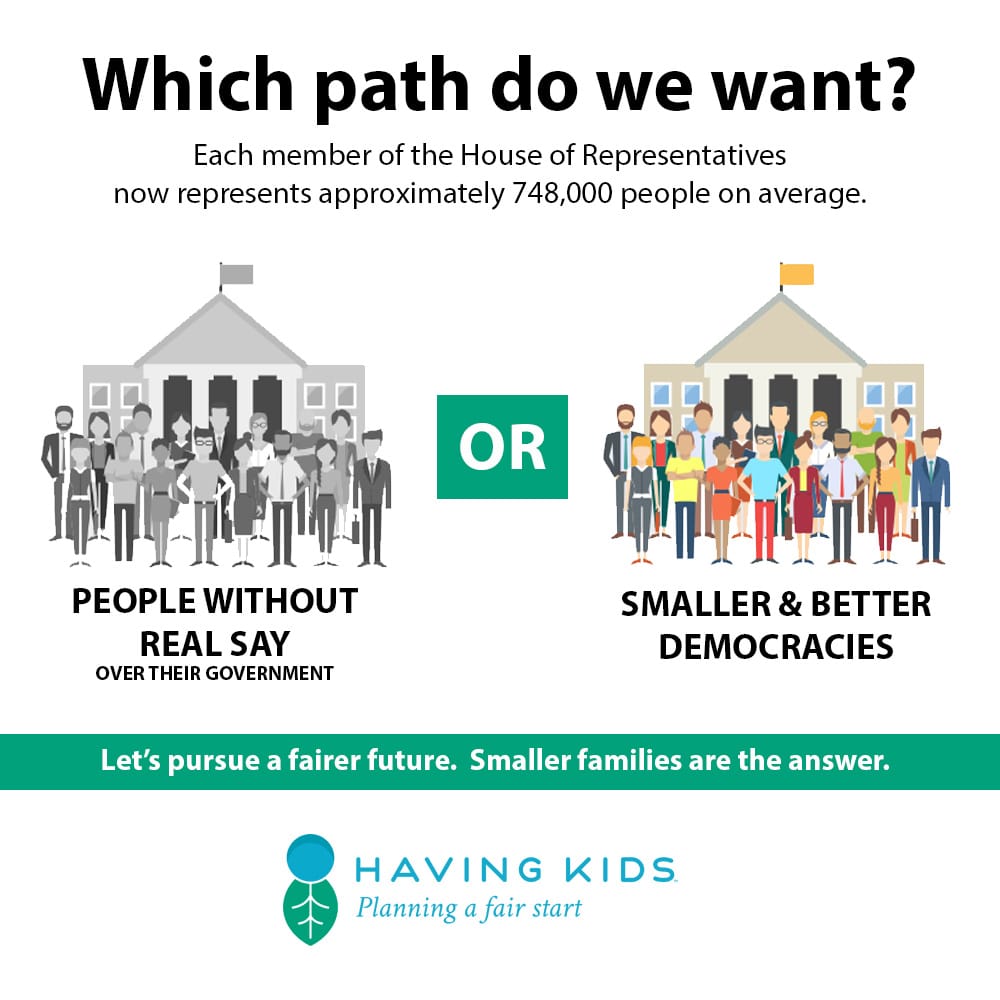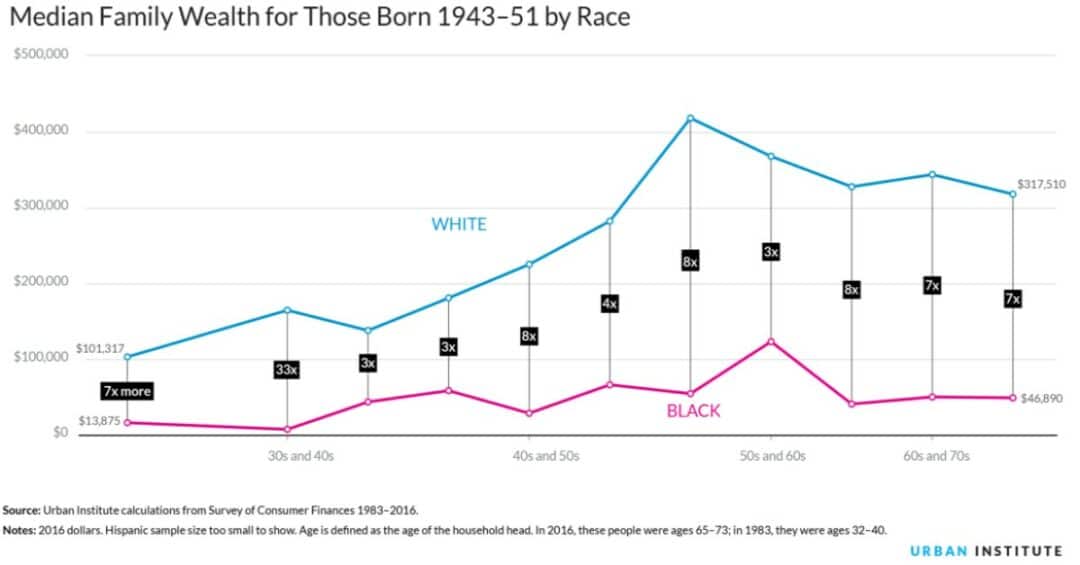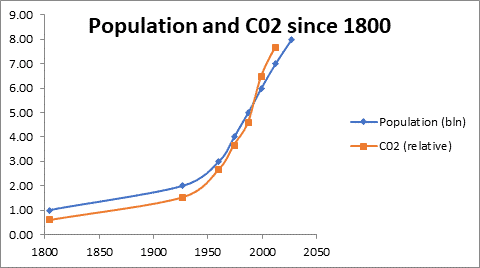How do we know what counts as a cost or benefit in a particular transaction? Enter the idea of normative baselines, or the theoretical states of affairs by which we can answer the question.
But is there an antecedent question nesting in the above-linked list of possible states of affairs we might use, from human rights to process-based positive law? From what justifiable social organization, of free and equal people, are we orienting when we assess the states of affairs? Perhaps we first have to be, existentially, a group of self-determining people capable of democratically deciding what’s a cost and what’s a benefit?

We can think of this in another way. John Rawls is famous for articulating the basic framework of a just and free society. But what rule precedes the existence of the actual people who will eventually comprise Rawlsian systems? Is the rule that determines their creation the first issue that must be decided? How will the quantity of persons, the civic qualities of its members, and their initial relative positioning to their ecology and each other – the conditions of their early development – be determined? What creates the first relations of these people, whom Rawls wished to assure would be free and equal? How, in accounting for those relations, do we account for the dynamic or intergenerational nature of such a group, i.e. that they would die, and others would replace them?
As a new peer-reviewed article on fair start family planning argues, the most basic criteria for assessing costs and benefits has to be the ideal creation (or procreation) norm, or the norm that first creates the people – and their relations, power differentials, relation to their ecology, etc. – who are making the assessment. Moreover, as the article argues, using such initial criteria to assess what counts as a cost or benefit is actually practicable, given what we know about intergenerational justice, optimal world population ranges, and the need for very specific policies, like education, to ensure relative self-determination or what we commonly call freedom. This differs from the intergenerational justice work of Rawls and others who have asked what we owe, or what we might save for, future generations. Here the question is whether the dynamic “we” – any grouping of people from which we might consider these questions – is a justifiable group of people, in terms of the assuring each member the correct relative degree of self-determination. That difference matters, because the latter approach – or Fair Start reforms – trigger the override of competing norms, very specific criteria for behavior change, and other implications. They would fulfill what might have been the Rawlsian answer to the background question – we must create people in a way that makes them free and equal.

As part of revisiting the baseline issue for policy reforms, Fair Start is working with IAMECON on the development of further research, specifically around the role of the nonhuman world as an ideal in ecological restoration. Per a lead on the project:
“In this [forthcoming] paper, we study the relationship between human actions and the wilderness using a static game theoretical framework, and determine the parameter space that manages the gap between the payoff functions required for sustainable action vs payoff functions that leads to unsustainable actions observed in the last two centuries. When agents are not impacted at all from the harm wilderness suffers (as a result of human actions), i.e. zero empathy for the wilderness case, lack of environmental awareness, we find that unsustainable actions are always a dominant strategy for all individuals. When agents are somewhat impacted by the harm the wilderness suffers, i.e. flexible awareness case, we find that the benefit an individual gets from her unsustainable actions should be outweighed by the pressure to conform (to society) plus the negative consequences of the harm wilderness suffers on the individual herself, in order to arrive uniformly sustainable action as nash equilibrium.”
Fair Start and other more comprehensive baseline approaches can be practiced by targeting concentrations of power, and redistributing their resources to future generations through a “constituting” discourse that limits and decentralizes human power via the simple recognition that every child’s right to a fair start in life, ecologically and socially, overrides the post hoc property rights and entitlements issued by governments whose legitimacy stems from fair and intergenerational social contracting.

Under such an assessment for redistribution of resources and the power that comes with them, we can start by measuring the impact of the climate crisis on maternal, fetal, and neonatal health as a cost relative to a normative state of affairs in which such children would be free from the impacts, or relatively self-determining, rather than having their lives determined by those industries most responsible for the crisis. We can extend the analysis beyond the impact on ecological birth conditions to also assess how those industries benefited from a pronatal and economic growth-based family planning/creation norm that required no minimum levels of wellbeing, economic equality, or an empowering role on one’s democracy, for the children born and thereby impacted, as well as the harms to the parents of the children.
This is one way to fundamentally assess costs and benefits, by orienting from the most basic notion of a justifiable, or relatively self-determining, social organization constantly recreated through Fair Start family planning.
What is the upshot of all of this? If Fair Start is the first and overriding human right we have the right to implement it, over all other obligations – like property rights – by all means effective.
Here is one way to start that process, a discourse, and following that many ways to actualize Fair Start, legally, institutionally, and culturally.

